The Problem
Imagine this: Your team has spent months building a top-notch image classifier that detects spoiled fruit, helping food manufacturers cut down on waste and reduce costs. You’ve curated and labeled the ideal dataset, fine-tuned the model’s parameters, and are delivering impressive results.
But when it’s time to pitch the product, the prospect mentions a different challenge: “Our main issue is spoiled lettuce. Can your model also detect rotten vegetables?”
It’s a record-scratch moment.
Model performance can drop unexpectedly when applied to new, but similar, situations. Whether it’s a customer looking to use the model for a different application or your CEO pushing for expansion into a new market, these slight shifts can have significant implications for AI models.
For stakeholders, the change might seem minor (with a major revenue potential), but for your model, it can be a massive leap.
The Status Quo
Traditionally, expanding into new use cases or markets required retraining existing models or developing new ones from scratch. While effective, this approach has significant trade-offs in terms of performance, cost, and time-to-market:
- Adding new data to expand use cases isn't simply additive; it can degrade your model’s performance on tasks it already excels at.
- Creating custom models for every use case increases maintenance complexity and can be costly to host.
- Training an unbiased, high-performing model requires vast amounts of data, limiting how quickly you can adapt to new challenges.
- You might attempt to force a solution using RAG + LLM. For generative AI, this works well. However, for non-generative tasks like classification or recommendation, LLMs often underperform compared to purpose-built models.
How Orca Helps You Expand to New Use Cases—Fast
Orca allows you to build on a base model’s core reasoning capabilities while introducing new definitions of correct outcomes through memory augmentation. Here’s how:
- Once your deep-learning model (e.g., an image classifier) learns to incorporate context during inference, it can serve as a foundation. In the above example, your model trained to detect rotten fruit retains the general reasoning of product image classification as a foundation model, but you can provide new examples to quickly and accurately classify new classes of inputs.
- You can develop specialized datasets for each use case (e.g., separate collections for fruits and vegetables) and direct the model to the appropriate set based on the use case.
This approach enables you to adjust and refine the model’s outputs without retraining from scratch. The result?
- Faster time-to-market with reduced training cycles, leading to quicker revenue generation and smoother adaptation to new use cases.
- Less reliance on massive datasets — you can use existing or synthetic data to teach the model basic reasoning, then augment it with a smaller, targeted set of new memories to refine correct or incorrect responses over time.
- Reduced need for manual oversight, minimizing the need to add humans to the training loop to fix errors when applying the model to new scenarios.
That said, memory augmentation isn’t a cure-all. If you’re making significant changes to the use case, more than additional context will be needed — a different model may be required to achieve the desired performance and accuracy.

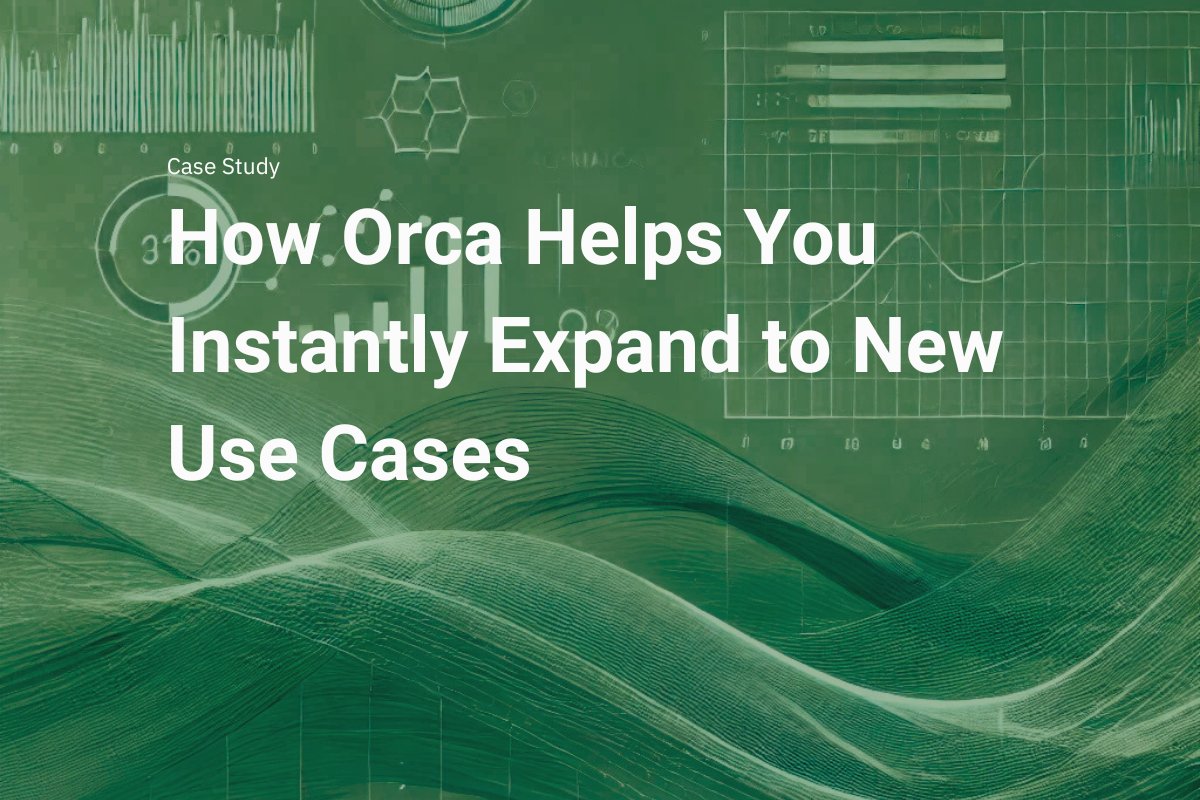
.png)
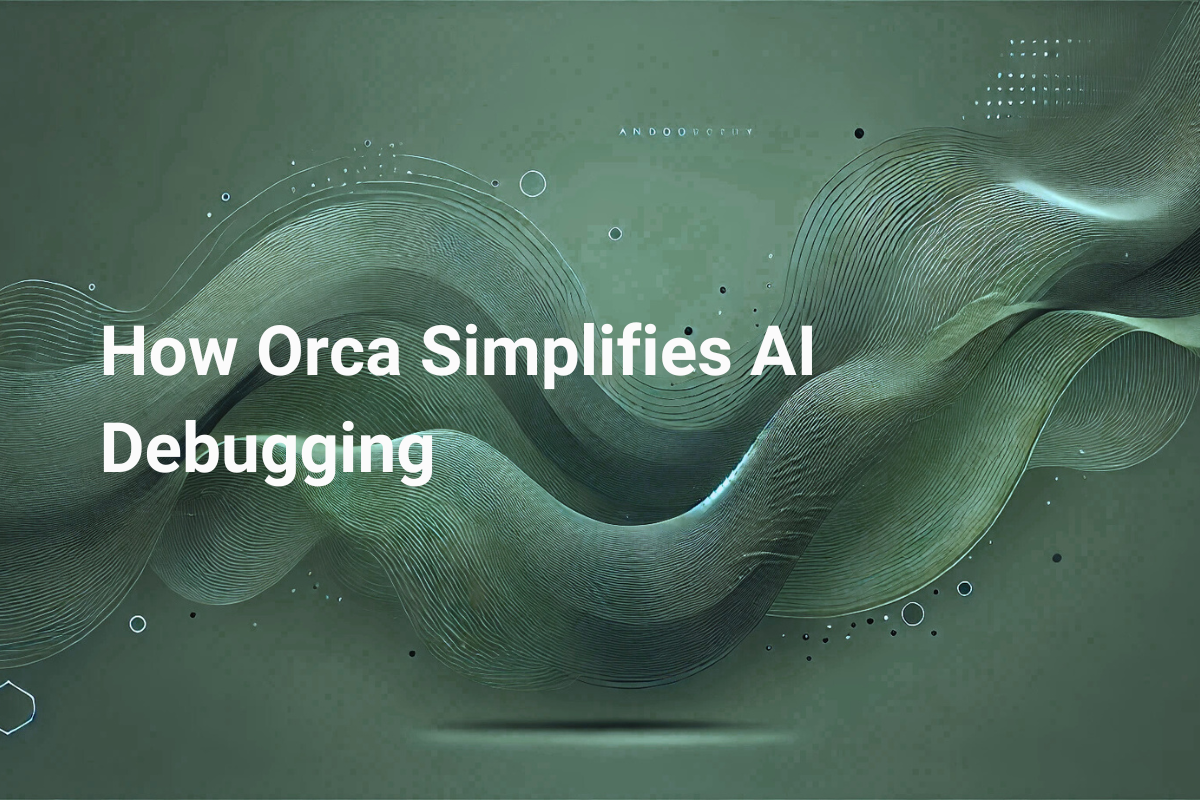

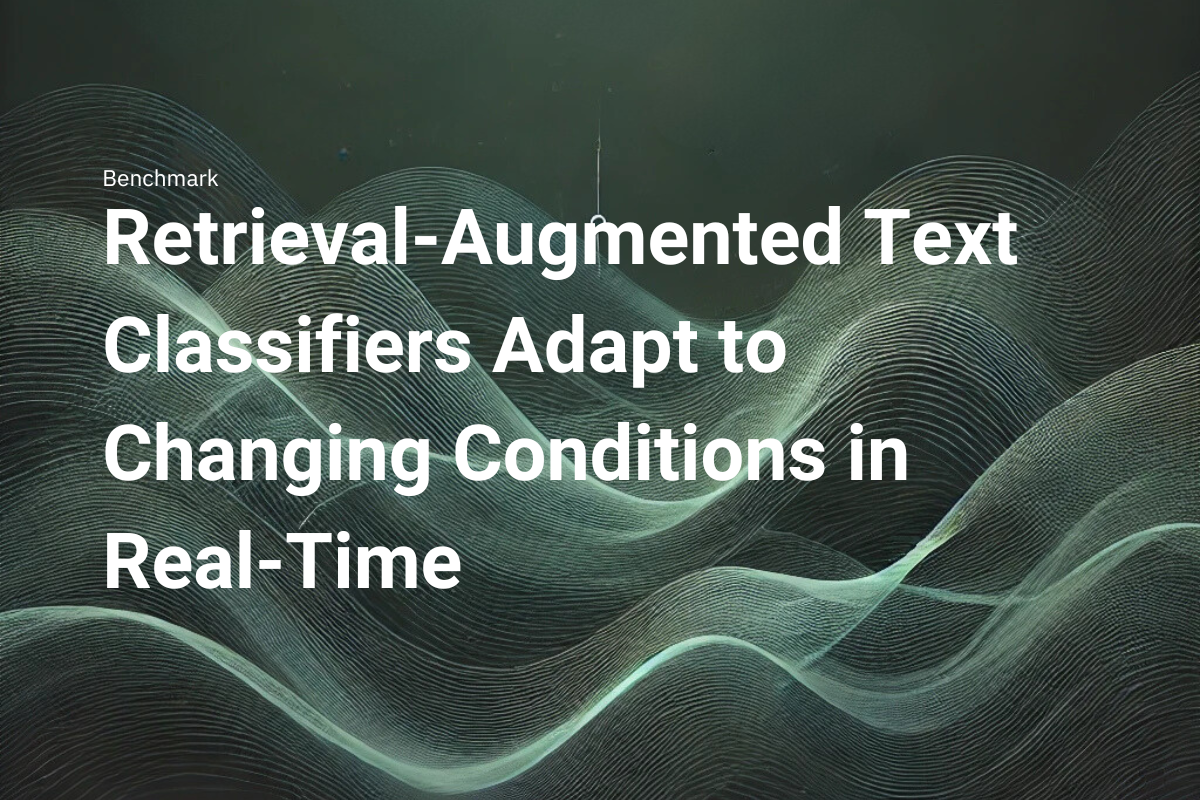
.png)
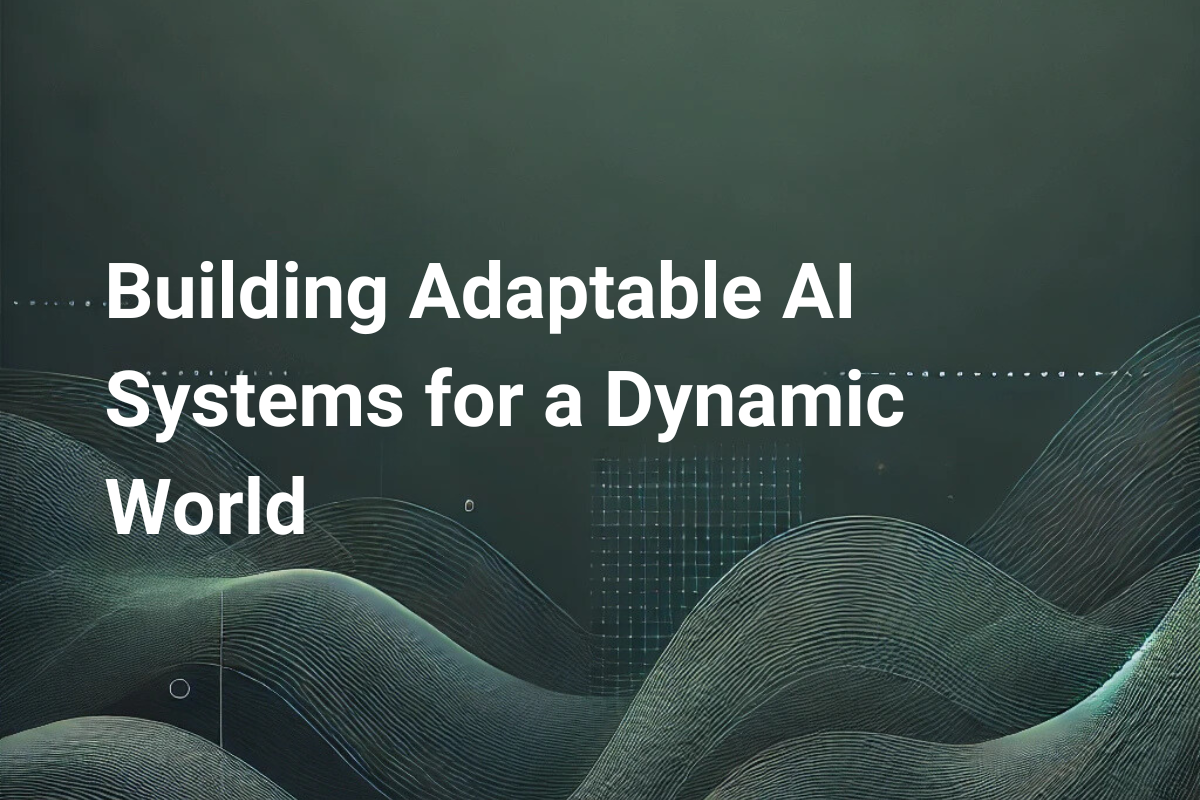
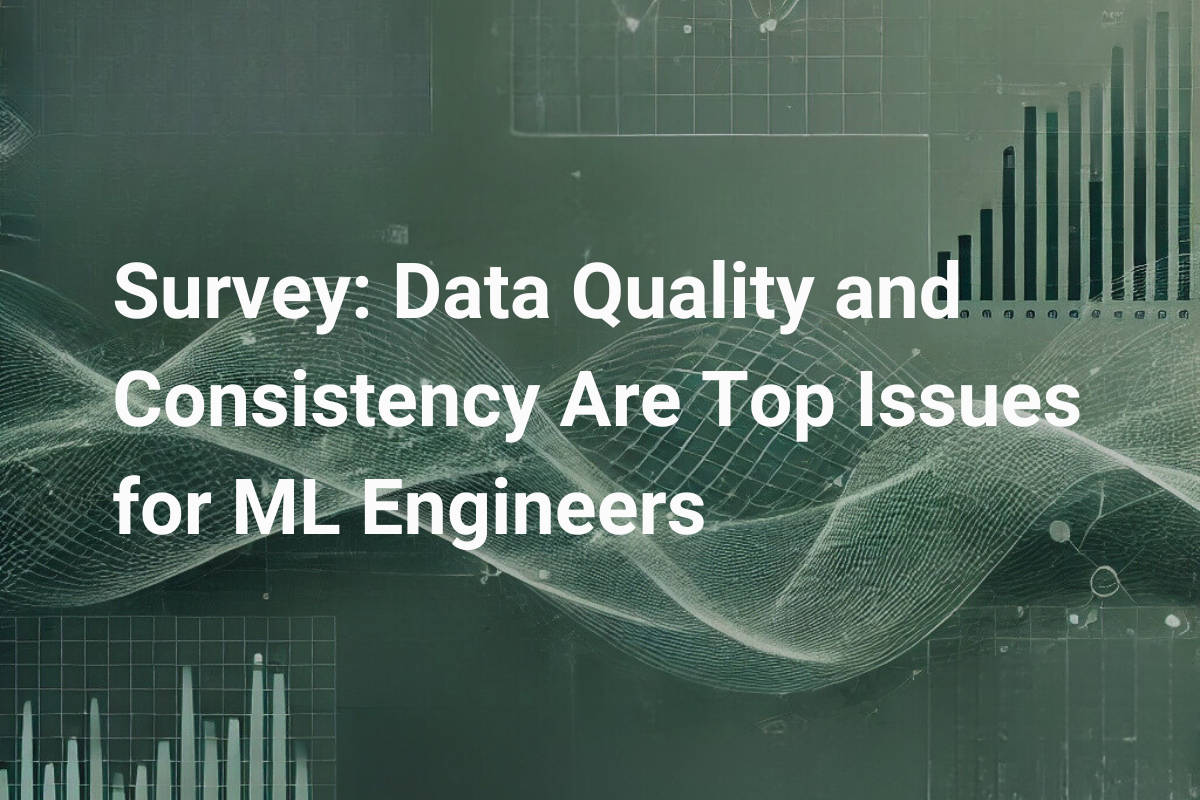
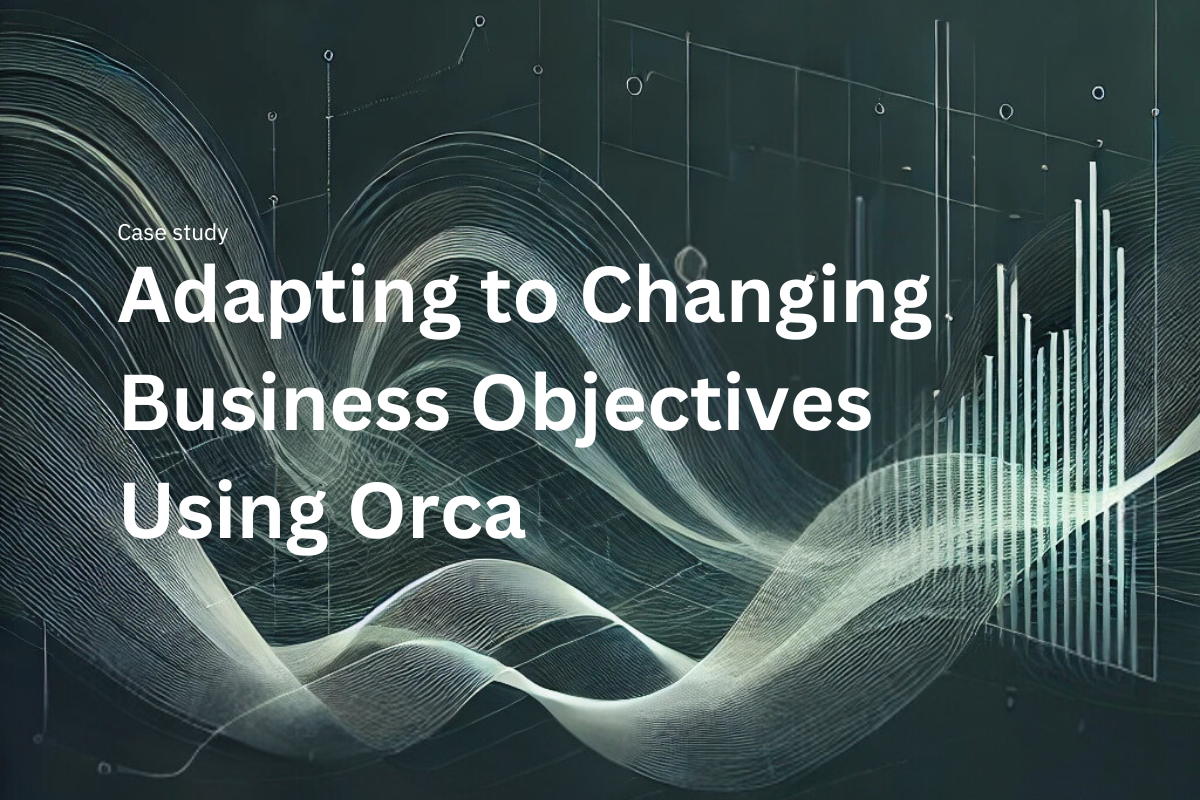
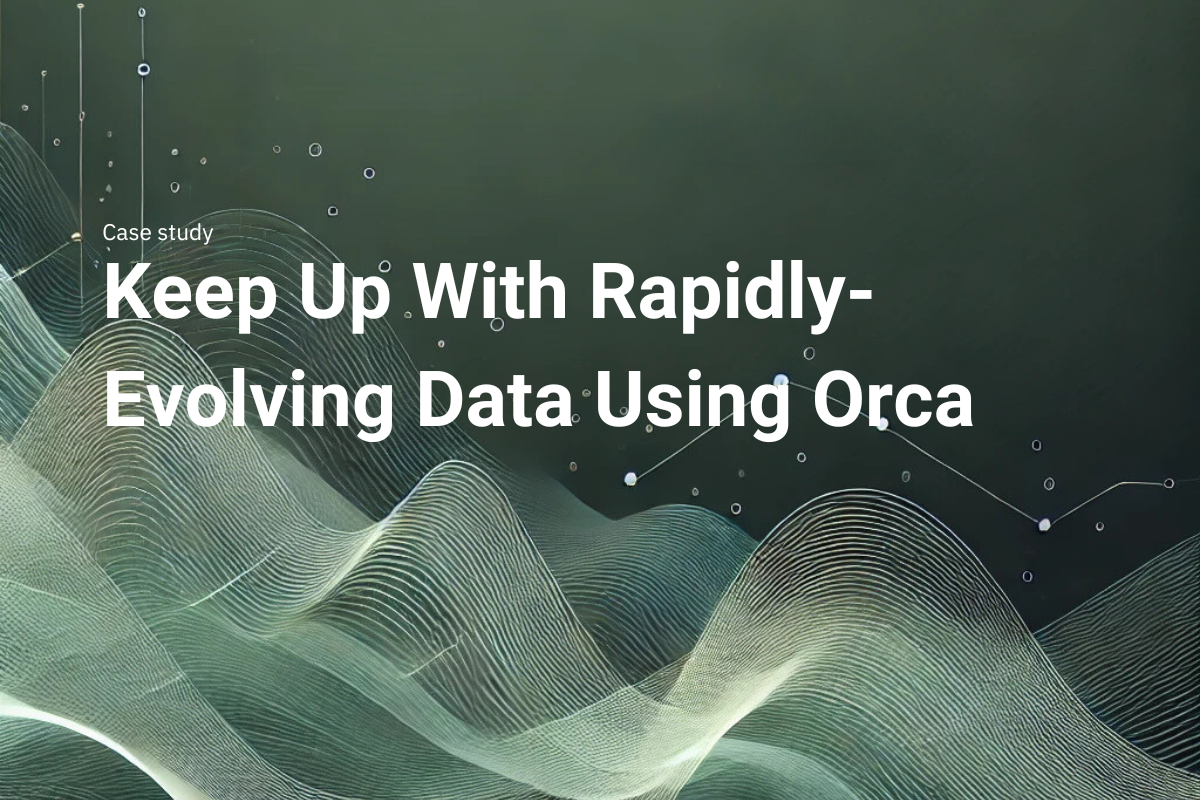
.png)
